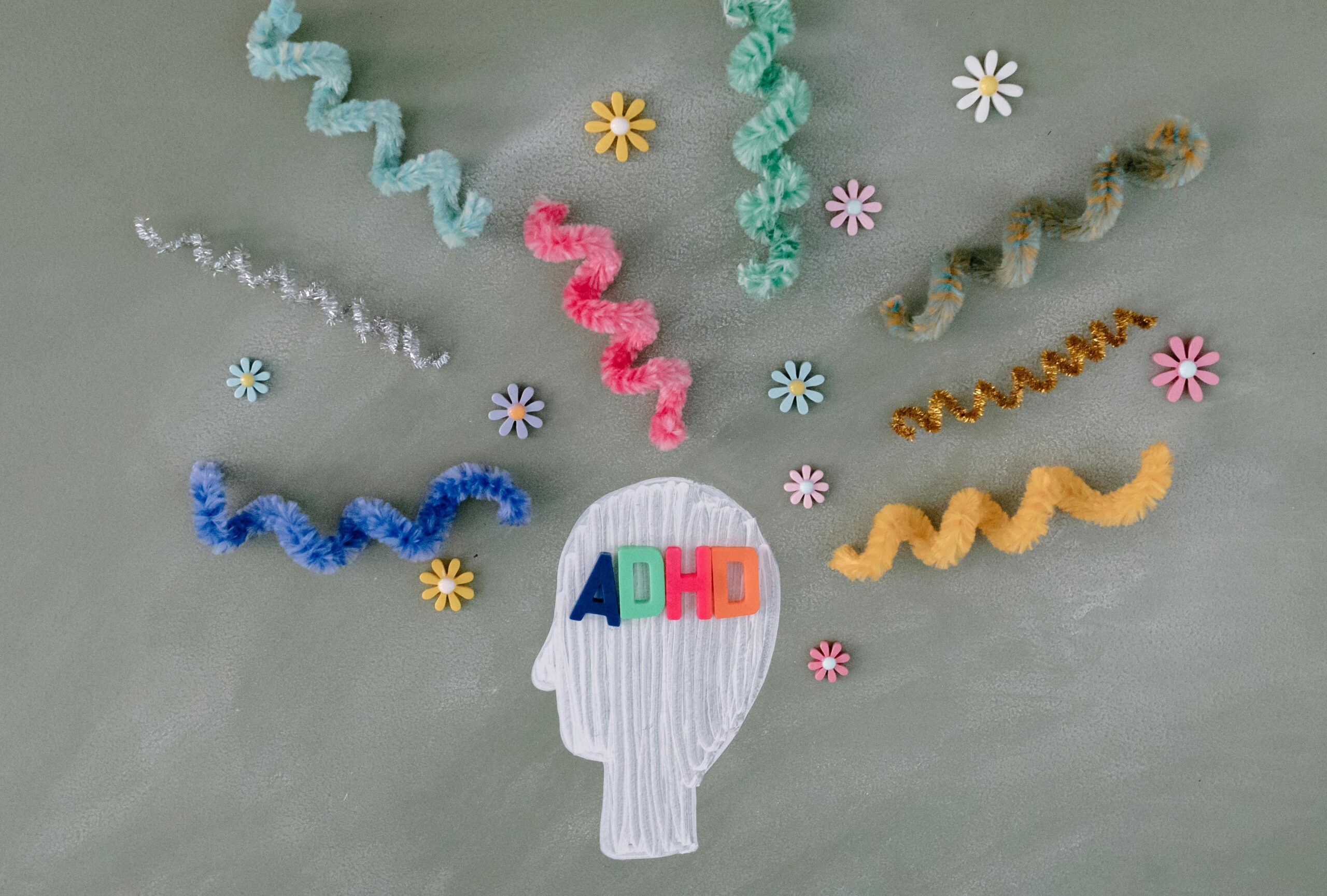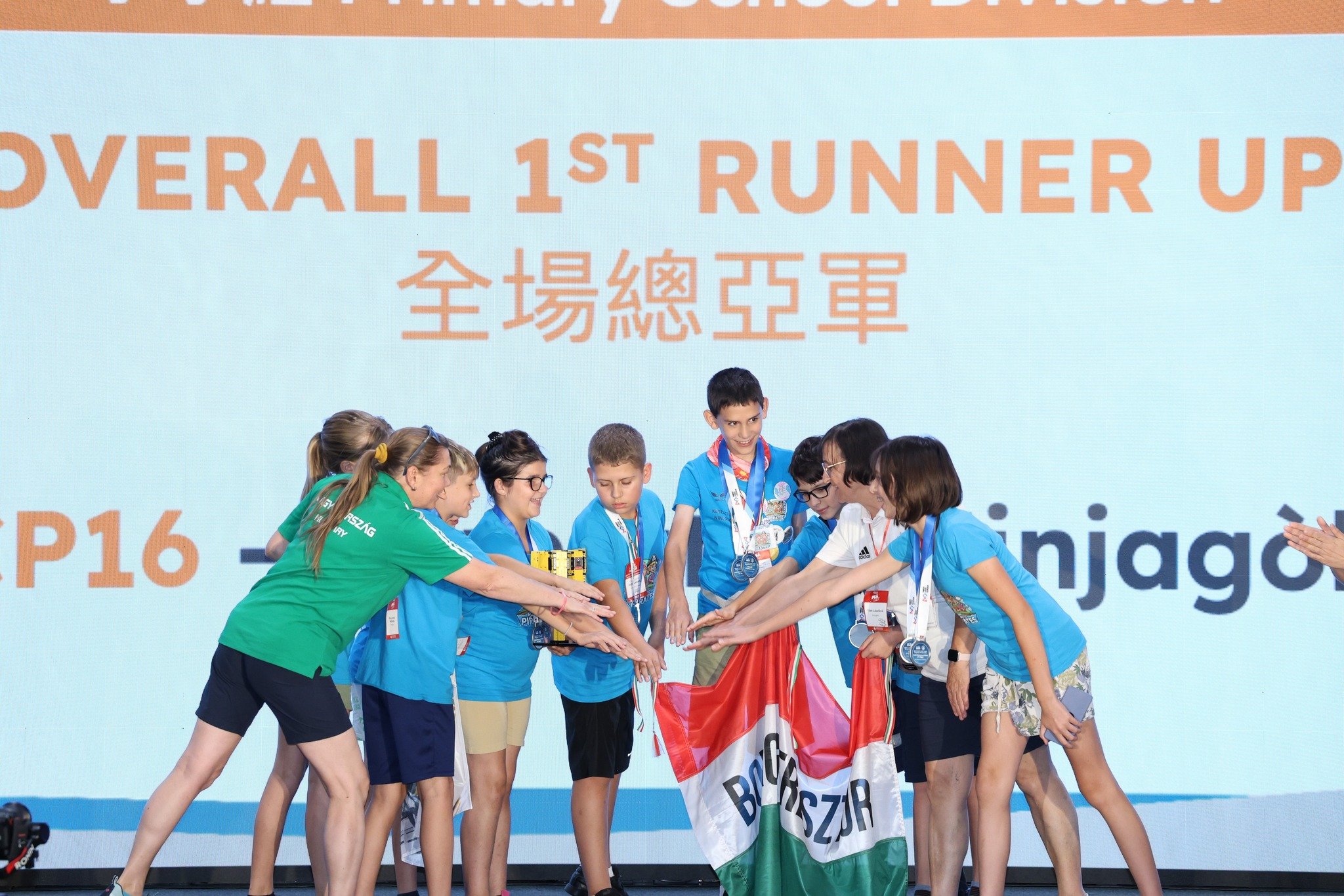
The start of school can be particularly stressful for children with ADHD or food sensitivities and their families, says Hajnalka Virágh, lifestyle consultant, neurofeedback trainer, and mother of a child with ADHD.
A calm start to the school year requires mental preparation, a gradual daily routine, joint snack planning, and cooperation with teachers. Acceptance, regularity, and a calm parental presence are key, and it is worth asking for help with excessive burdens.
According to Virágh, building resilience in children is key in helping them cope. Resilience refers to the ability to effectively cope with difficulties and stressful situations. Living with children with ADHD can present families with many unexpected situations, so resilience can be a huge help.
How can resilience be developed?
- Developing positive thinking helps both parents and their children to better cope with challenges and stress. This involves reframing difficulties and learning from failures.
- The support of friends, family members, and community groups is essential. A strong social network can help both parents and children during difficult times.
- Various techniques, such as mindfulness, relaxation techniques, or developing problem-solving thinking, can help parents and their children manage stress and frustration more effectively.
- Many organizations and institutions offer special programs to help parents raising children with ADHD. These programs often include resilience training.
- In everyday life, developing resilience can involve a number of practical steps:
- Establishing routines: Daily routines can help children with ADHD make their everyday lives more manageable and predictable.
- Developing communication skills: Clear, calm communication can help children with ADHD understand what is happening around them and reduce stress.
- Positive reinforcement: Regularly reinforcing a child’s efforts can boost their self-esteem and further motivate them.
Performance, motivation, and self-esteem
Maintaining a child’s self-esteem and motivation can be critical for those living with ADHD.
- Increasing self-esteem: Regular positive feedback and celebrating small successes can help increase self-esteem.
- Setting goals: Help children set realistic goals that are achievable and measurable. The goal-setting process itself develops children’s problem-solving skills and can help them cope with failure.
Healthy lifestyle
A healthy lifestyle, such as regular exercise, a balanced diet, and adequate sleep, also contributes to the development of resilience. These factors can improve a child’s physical and emotional well-being, which indirectly supports mental resilience:
- Exercise: Regular exercise can help reduce stress and improve mood.
- Balanced diet: A healthy diet supports optimal brain function and overall health.
- Regular sleep: Restful sleep is essential for emotional balance and concentration during the day
Fact
Attention deficit/hyperactivity disorder (ADHD) is a persistent disorder that appears during childhood and cannot be explained by other psychiatric or physical illnesses or substance abuse. In the United States in 2016, 8.4 percent of young people aged 2–17 had ADHD. Professional studies estimate the global prevalence of ADHD among children at 5.3 percent. No representative survey has yet been conducted in Hungary, but it can be assumed that the domestic prevalence is similar to that in other European and world countries, at around five percent.
Two years ago, a professional journal for healthcare managers reported that, based on estimated data, there are around 70,000 children aged 6–18 with ADHD in Hungary, affecting roughly 20,000 families who have recognized the problem and sought some kind of solution for treating ADHD. Of these, approximately 4,500 young people appear in specialist child psychiatric care each year.
Via MTI, Szülők Lapja; Featured Image: Pexels
Related article
Hungarian School Team Triumphs at Prestigious Global Tech Contest
Their achievement marks a milestone in domestic digital education and the development of young talents.Continue reading

